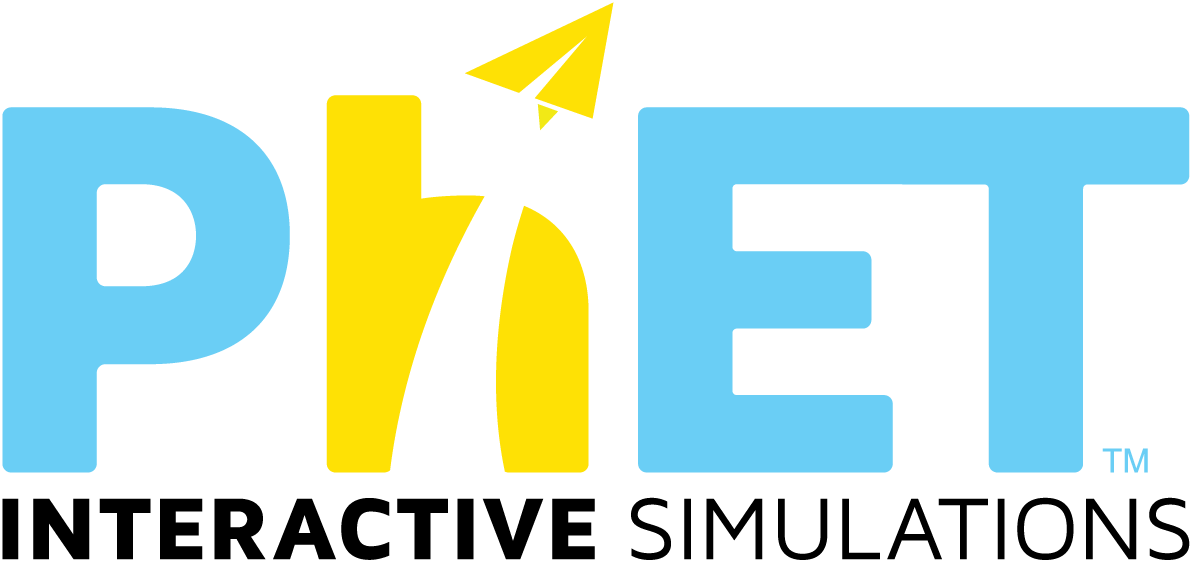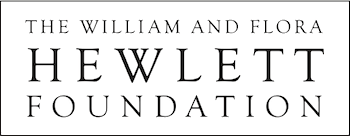Created 6/14/20. Updates available
online.
Chemistry Theater

|
Title
|
Chemistry Theater |
|
Description
|
This is a 4 day lesson with the PhET simulation used in Day 1. Lesson Objectives: 1. Students will be able to draw/identify a model that represents matter in three states – solid, liquid, gas. 2. Students will be able to use correct terminology to describe the phase changes of matter (melting, freezing, evaporating, boiling, condensing) and be able to identify the sequence of phase changes with water. 3. Students will be able explain the temperature conditions (Celsius and Fahrenheit) for water to boil or freeze. 4. Students will be able to predict the effect on a substance’s state of matter when heat energy is increased or decreased. 5. Students will be able to relate the phases of matter to the relative energy level of the particles. 6. Students will be able to identify characteristic properties of substances that remain constant. 7. Students will be able to classify the effects of electrical charges at the molecular level: like charges repel and opposite charges attract. 8. Students will be able to read the scale on a thermometer. 9. Students will be able to explain why water particles behave they way they do when heat energy is increased/decreased. TEKS Science: 5.5A-B, 6.5A, 6.5B **Note:** The scripted version includes additional teacher resources, such as, background content, common misconceptions and a vocabulary list. It also has all worksheets as editable content. |
|
Subject
|
Chemistry |
|
Level
|
K-5, Middle School |
|
Type
|
Lab |
|
Duration
|
60 minutes |
|
Answers Included
|
Yes |
|
Language
|
English |
|
Keywords
|
gas, liquid, properties of water, solid, states of matter |
|
Simulation(s)
|
States of Matter: Basics (HTML5), States of Matter: Basics |
|
Author(s)
|
UTeach Middle School PhET Team |
|
Contact Email
|
elyse.zimmer@gmail.com |
|
School / Organization
|
UTeach UT-Austin |
|
Date submitted
|
7/11/12 |
|
Date updated
|
12/28/16 |









